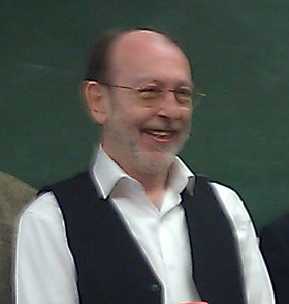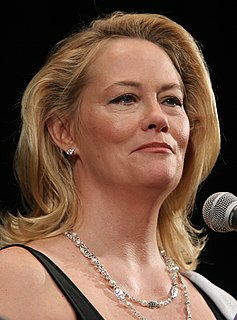A Quote by Alain de Benoist
The highest measure of democracy is neither the 'extent of freedom' nor the 'extent of equality', but rather the highest measure of participation.
Related Quotes
I would like to suggest to you that the extent to which government in America has departed from the original design of in habiting the destructive actions of man and invoking a common justice; the extent to which government has invaded the productive and creative areas; the extent to which the government in this country has assumed the responsibility for the security, welfare, and prosperity of our people is a measure of the extent to which socialism has developed here in this land of ours.
When Theodore Roosevelt was in the White House, he confessed that if he could be right 75 percent of the time, he would reach the highest measure of his expectation. . . . If that was the highest rating that one of the most distinguished men of the twentieth century could hope to obtain, what about you and me?
What do we measure when we measure time? The gloomy answer from Hawking, one of our most implacably cheerful scientists, is that we measure entropy. We measure changes and those changes are all for the worse. We measure increasing disorder. Life is hard, says science, and constancy is the greatest of miracles.
Racism itself is difficult to measure. We can measure hate crimes - which are absolutely an indicator. We can measure reports of discrimination. We can measure the number of times hateful words are being used across the Internet. Those things all help us measure racism, but it can sometimes be nebulous.
A society that puts equality — in the sense of equality of outcome — ahead of freedom will end up with neither equality nor freedom. The use of force to achieve equality will destroy freedom, and the force, introduced for good purposes, will end up in the hands of people who use it to promote their own interests.
No one can define or measure justice, democracy, security, freedom, truth, or love. No one can define or measure any value. But if no one speaks up for them, if systems aren’t designed to produce them, if we don’t speak about them and point toward their presence or absence, they will cease to exist.









































